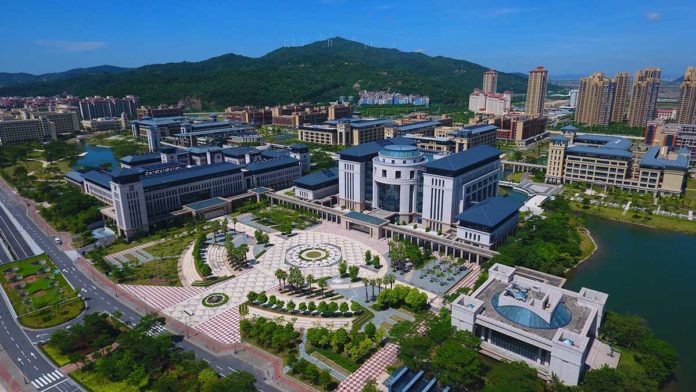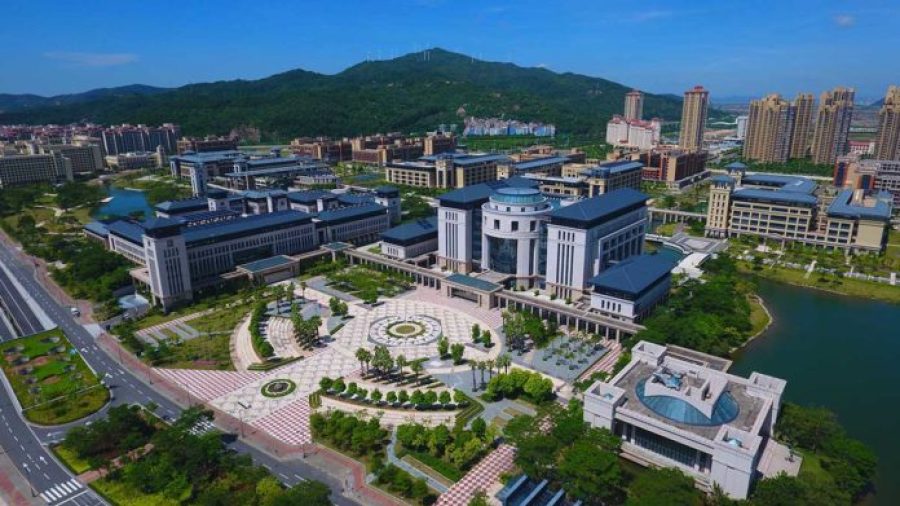Over the past two decades, the University of Macau (UM) has developed various innovative translation systems, such as the PCT, a Chinese/Portuguese translation system; the Um2T, an online interactive Chinese/Portuguese machine translation system, and the next-generation online Chinese-Portuguese translation platform, which is expected to be launched onto the market by the end of this year, the government-funded university said in a statement.
These innovative translation systems reflect the university’s effort to help build Macau into a service platform for business cooperation between China and Portuguese-speaking countries, the statement pointed out.
With the implementation of the Belt and Road Initiative (BRI), business and cultural interaction between China and Portuguese-speaking countries has become more frequent, which has in turn created a growing demand for high-quality machine translation systems, thestatement said.
The statement added that by relying on Macau’s unique geographic advantage and “abundant” supply of language professionals, the university has been in close collaboration with top universities in Portugal, Brazil, and mainland China, such as Tsinghua University, to deepen scientific research and transform research results into marketable products for the Chinese/Portuguese translation market in Macau and the Greater Bay Area (GBA).
These products have been adopted by government departments, law firms, schools, and translation companies, the statement said, adding that the university’s Natural Language Processing and Chinese/ Portuguese Machine Translation Laboratory has completed the development and testing of the next-generation online Chinese/Portuguese translation platform.
According to the statement, the trial version of the platform is expected to be launched onto the market by the end of this year.
The PCT system, Macau’s first Chinese/Portuguese machine translation system, was developed by the university and registered as a trademark, and is now in its third version, the statement underlined.
According to the statement, another innovative translation system developed by the university in recent years is the Um2T system.
Based on the state-of-the-art neural machine translation architecture and technology, Um2T is accessible to Chinese/Portuguese translators from around the world, the statement said, adding that in terms of training language professionals, the university has developed a Portuguese verb auto-analysis and generation system and an online Portuguese language learning platform, “both of which are accessed over 1,000 times a day”.
The statement pointed out that the multidisciplinary team at the laboratory has won numerous prizes for their achievements, including a second prize at the Macau Science and Technology Awards in the Science and Technology Progress
Award category for their project that studied the technologies related to Chinese/Portuguese machine translation systems and the applications of the systems.
Last year, according to the statement, the neural-based machine translation systems developed by the laboratory won several prizes at the constraint English-to-Chi-nese machine translation campaign organised under the 13th China Workshop on Machine Translation (CWMT 2017).






